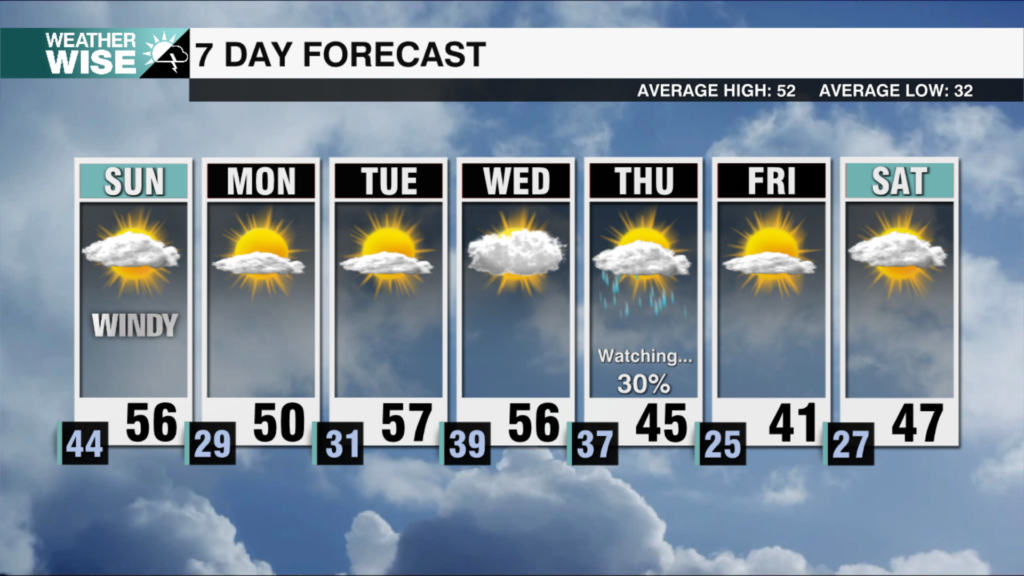
Debris from an apartment building is seen on top of parked cars after a strike in Tehran, Iran, early Friday, June 13, 2025. Israel attacked Iran’s capital early Friday, with explosions booming across Tehran.(AP Photo/Vahid Salemi)
JERUSALEM – Israel attacked Iran early Friday with a barrage of airstrikes that took out top military officers and hit nuclear and missile sites, calling it just the beginning and raising the potential for an all-out war between the two bitter Middle East adversaries. It appeared to be the most significant attack Iran has faced since its 1980s war with Iraq.
Iran quickly retaliated, sending a swarm of drones at Israel as Supreme Leader Ayatollah Ali Khamenei warned of “severe punishment.” Iran had been censured by the U.N.’s atomic watchdog a day earlier for not complying with obligations meant to prevent it from developing a nuclear weapon.
For years, Israel had threatened such a strike and successive American administrations had sought to prevent it, fearing it would ignite a wider conflict across the Middle East and possibly be ineffective at destroying Iran’s dispersed and hardened nuclear program.
Countries in the region condemned Israel’s attack, while leaders around the globe called for immediate deescalation from both sides.
Israel’s military said about 200 aircraft were involved in the initial attack on about 100 targets. Two security officials said the country’s Mossad spy agency was also able to position explosive drones inside Iran ahead of time and then activate them to target missile launchers at an Iranian base near Tehran.
They said Israel had also smuggled precision weapons into central Iran as well as strike systems on vehicles, which were activated as the attack began to hit Iranian air defenses.
The officials spoke on condition of anonymity to discuss the highly secretive missions and it was not possible to independently confirm their claims. There was no official comment.
The Israeli attack hit several sites, including Iran’s main nuclear enrichment facility at Natanz, where black smoke could be seen rising into the air. Later in the morning, Israel said it had also destroyed dozens of radar installations and surface-to-air missile launchers in western Iran.
Israel military spokesman Brig. Gen. Effie Defrin said Israel has “significantly damaged” Natanz and that the operation was “still in the beginning.”
Among those killed were three of Iran’s top military leaders, one who oversaw the entire armed forces, Gen. Mohammad Bagheri, one who led the paramilitary Revolutionary Guard, Gen. Hossein Salami, and another who ran the Guard’s ballistic missile program, Gen. Amir Ali Hajizadeh.
Iran confirmed all three deaths, which were a significant blow to Tehran’s governing theocracy and will complicate efforts to retaliate against Israel.
Khamenei said other top military officials and scientists were also killed.
In its first response, Iran fired more than 100 drones at Israel. Israel said the drones were being intercepted outside its airspace, and it was not immediately clear whether any got through.
U.S. President Donald Trump urged Iran to reach a deal with Washington on its nuclear program, warning on his Truth Social platform that Israel’s attacks “will only get worse.”
Without saying whether he was privy to specific Israeli plans, Trump said “there is still time to make this slaughter, with the next already planned attacks being even more brutal, come to an end.”
“Iran must make a deal, before there is nothing left, and save what was once known as the Iranian Empire,” he wrote. “No more death, no more destruction, JUST DO IT, BEFORE IT IS TOO LATE.”
Officials in Washington had cautioned Israel against an attack during continued negotiations over Iran’s nuclear enrichment program. They stressed the U.S. had not been involved and warned against any retaliation targeting U.S. interests or personnel.
Israel told the Trump administration that large-scale attacks were coming, U.S. officials said on condition of anonymity to describe private diplomatic discussions. On Wednesday the U.S. pulled some American diplomats from Iraq’s capital and offered voluntary evacuations for the families of U.S. troops in the wider Middle East.




